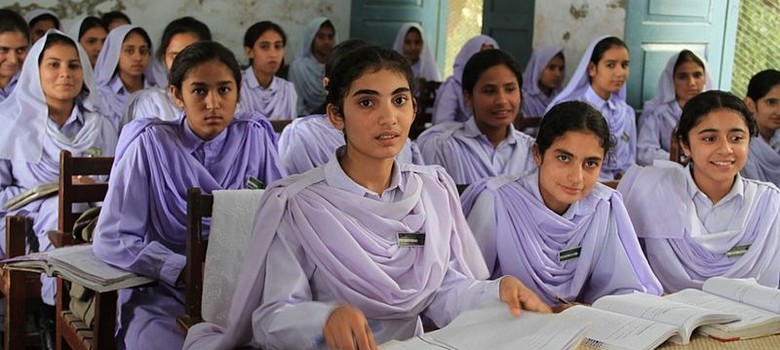
Pakistan has one of the highest number of primary school age children not going to any educational institution: public, private or religious. The country’s educational curriculum has long faced scrutiny for its fabrication of history and spread of hate speech.
However, according to Dr AH Nayyar, who has long studied Pakistan’s educational system, the “bottom has dropped out of Pakistan’s education system” where the examination system “merely tests memory” and where there is only one textbook for each subject.
As Dr Nayyar elaborates, “here’s how it works: so-called experts setting the board examinations are required to use only the prescribed textbook. As part of their standard operating procedure, they must indicate which page and paragraph of that textbook each question derives from.”
Further, “in the model textbooks under the Single National Curriculum, end-of-the-chapter questions do no more than to ask reproduction of text for the answer. Teachers who prepare students for these exams urge them to memorise certain portions of that book. Tuition centres and guidebooks help the student further narrow down choices. By setting similar questions in practice sessions, teachers complete the cycle.”
Finally, Nayyar notes, “incalculable damage has already been inflicted upon Pakistan’s young through rote learning. Their learning deficiencies show up in repeated surveys like ASER and NEAS, which show year after year that most of the students of public and low fee private schools are two to three years behind their grades in basic skills of language and arithmetic. They carry their deficiencies into their professional jobs, as is so evident.”
![]()





